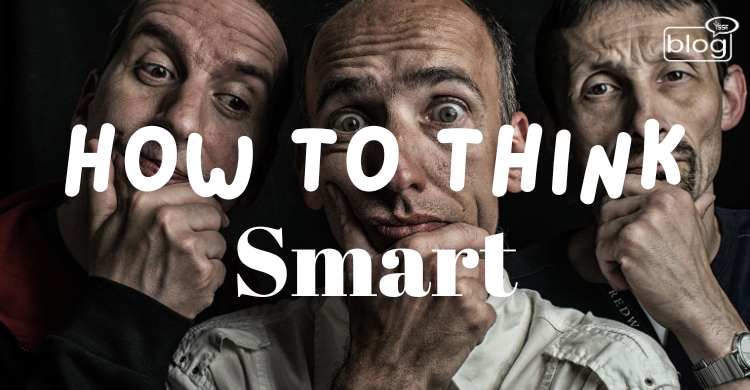Critical thinking is reviewing facts to determine the best answer to a problem or situation. Using your experiences, deductive reasoning, perception, and debate with others, you may arrive at well-guessed decisions that result in positive consequences.
To put it differently, thinking critically means drawing well-studied conclusions rather than accepting facts at face value.
Why Thinking Critically is Necessary?
Critical thinkers have become in demand in jobs because businesses constantly seek better, more informed answers. Particularly, critical thinking while at work enables you to:
- Improve taking decisions by assessing an argument’s validity and possible impact.
- Develop your thoughts on a problem and improve your morals and trustworthiness.
- Form stronger interactions at work by engaging with your fellow workers and managers at a deeper, more thoughtful level.
- Evaluate your efforts to find ways to increase both productivity and efficiency.
- Improve their understanding of speech and reading.
Steps to Critical Thinking:
1. Identify the problem.
When utilizing your ability to think critically, you must first pinpoint the problem you want to undertake. This step consists of evaluating the topic from several perspectives and raising questions like.
What’s going on?
Why is this happening?
What kind of conclusion am I drawing?
At first glance, how can we address this problem?
Learning how to reach objective conclusions is an important element of honing your critical thinking skills. To do so, first, accept your current biases. Does anyone on your team believe they have the answer? Are you forming judgments that are not necessarily correct? Understanding these details will benefit you later in the entire procedure.
2. Become more self-aware.
Being more aware of yourself entails reflecting on your cognitive processes, values, morals, ethics, and other beliefs.
What are your beliefs? How do your views represent these values?
Analyze objectively your preferences and dislikes. Understanding how you think, your strengths and weaknesses, and your biases could help you figure out why you approach certain circumstances from a particular angle.
3. Understand your thinking processes.
Evaluate and analyze your abilities to gather and understand facts. Realizing how you observe, interpret, and react when given data is critical for becoming more cognitively effective in the workplace.
Becoming a critical thinker entails acknowledging your biases and how they affect solutions and conclusions. Taking the time to examine your thinking process before making a professional decision might help you act rationally.
4. Explore alternate points of view.
Everyone has their own beliefs and motivations; even very brilliant people who present fair reasoning have unique views and prejudices that influence their thinking. So, if somebody gives you information, think about whether there are any other angles to the subject matter.
5. Practice active listening.
Pay attention to what people are saying and attempt to get a sense of their point of view. Empathy is a very valuable quality in this situation since it allows you to understand what angle another person is coming from as well as what they may want.
Try to pay attention without passing judgment; keep in mind that critical thinking involves maintaining a neutral viewpoint.
6. Participate in team-building exercises.
Many teamwork activities are meant to encourage critical thinking in both groups and individuals. If your business uses such drills, make sure you engage. If your firm does not, think about introducing your staff to instances during a meeting to reap comparable benefits.
7. Identify the best solution.
Finally, you are ready to conclude. Connecting causes and consequences might help you find the best solution. Using the evidence you’ve obtained, determine the most significantly unbiased assessment.
Bear in mind that there could be multiple solutions. Frequently, the difficulties you face are complicated and nuanced. The method of critical thinking does not always result in a clear-cut conclusion; rather, it helps you comprehend the various elements at play, allowing you to make sound choices.
3 key factors for developing critical thinking abilities
According to ‘Psychology Today’, there are some criteria to factor in:
1. Proactive learning:
According to research, the act of learning itself helps to improve the intellect. If you do not actively study, your mind, like any other muscle, weakens.
2. Problem solving:
Typically, you do not need to make major decisions that depend on your current perspective. You can rely on the expertise of the organization where you work. You will develop problem-solving skills by applying detailed step-by-step techniques to solve ongoing difficulties.
3. Decision making:
Good decision-making involves predicting expected outcomes to project the effects of one set of incidents and behaviors rather than another. The first step toward benefiting from experiences is paying close attention and getting insights from others.
Don’t work too hard; think smart!
To read these types of blogs, please visit here
Writer,
Sadi Reza
Intern, Content Writing Department
YSSE

